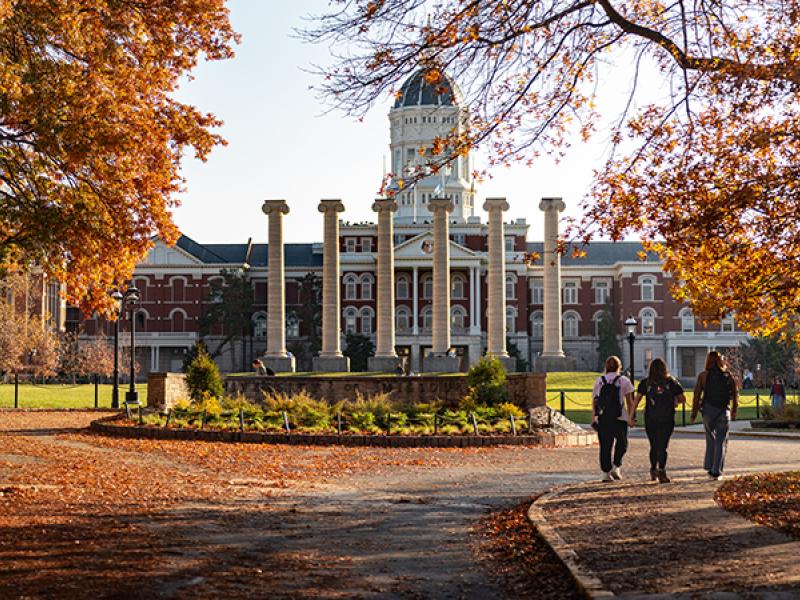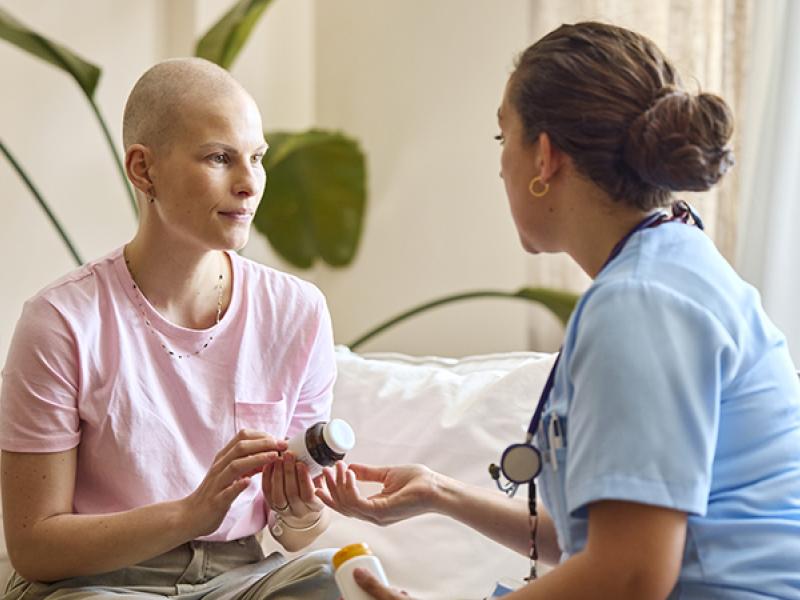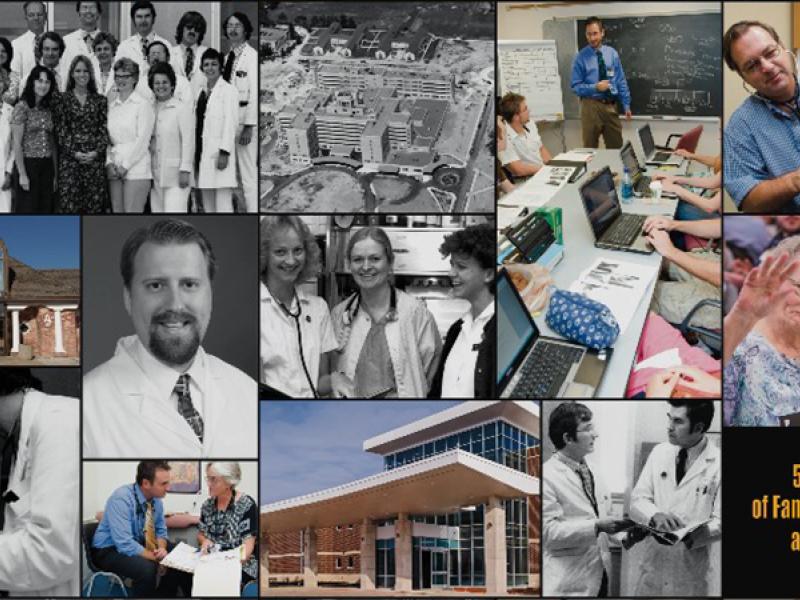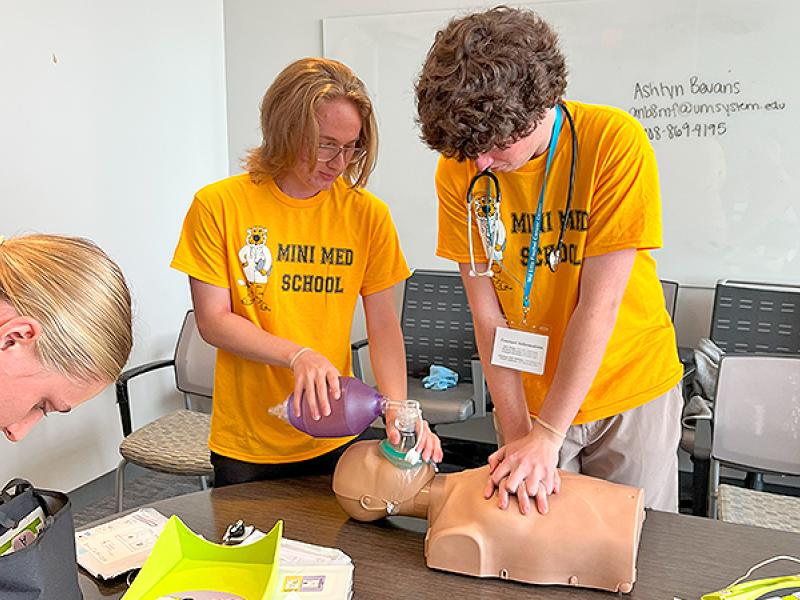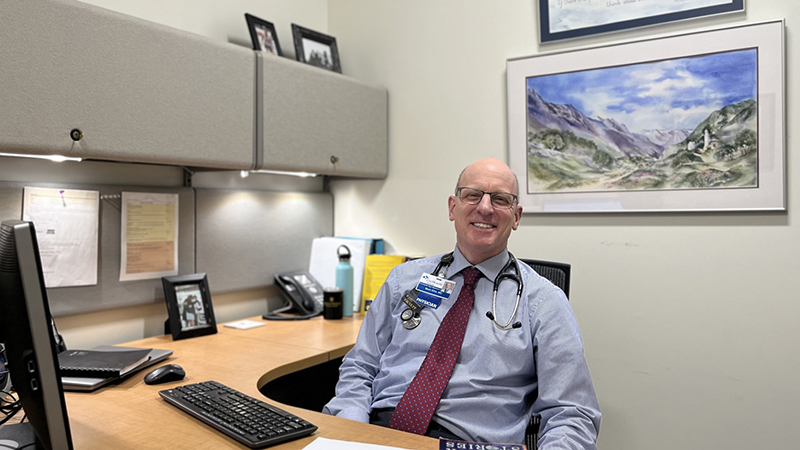
Mark Ellis, MD, isn’t sure what he loves more – practicing medicine or teaching it.
For the last eight years, Ellis has volunteered his time to teach University of Missouri medical students at the clinical campus in Springfield, Missouri as an associate clerkship director. While he receives some compensation for administrative duties, he realized early on how much he liked serving as a mentor to the next generation of doctors and health care workers.
“I really love working with young learners, watching them grow and mature and seeing the passion they have for things,” Ellis said. “I love seeing people figure out what kind of clinician they're going to be and taking steps toward that. It's a privilege to watch.”
Ellis is a family medicine physician who runs his own practice in partnership with CoxHealth. He has the benefit of knowing his students when they begin their rotation with him, thanks to the lectures he gives. As the medical students find their footing, it’s a chance for Ellis to learn, too.
“You gain a lot as a practicing physician from being around students,” Ellis said. “It’s a two-way street. Giving back and being given to.”
Education in general is a cornerstone of Ellis’s practice – students in pharmacy, nutrition and nursing also work in the clinical setting, and learning opportunities exist for patients, too. Recently, the clinic spearheaded a food insecurity initiative, collaborating with the local community garden to provide patients with healthy food while also teaching them about nutrition.
His favorite moments are from watching students interact with patients, and seeing their faces light up as they realize they’re making a genuine connection. It reminds him that he went into family medicine for those same reasons – for the ability to cultivate relationships over several years, and the privilege of being a part of his patients’ lives.
“There are patient encounters that are routine, but there’s always people whose lives are either changed by something joyful happening, or by incredible hardship or tragedy,” Ellis said.
What’s most important to Ellis, though, when teaching medical students, is showing the personable aspects of health care, like how powerful offering a shoulder can be, how meaningful it can be to the patient, and how much it can help with their care.
“It's just allowing the medical students to come in and be part of that. I hope that as students enter practice, they'll allow themselves to have those kinds of interactions with people and let their patients be truly themselves,” Ellis said. “I think healing occurs as much in those scenarios as with prescribing a medication.”


